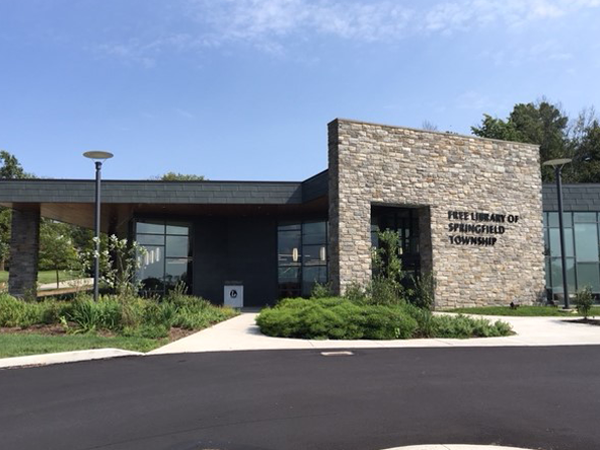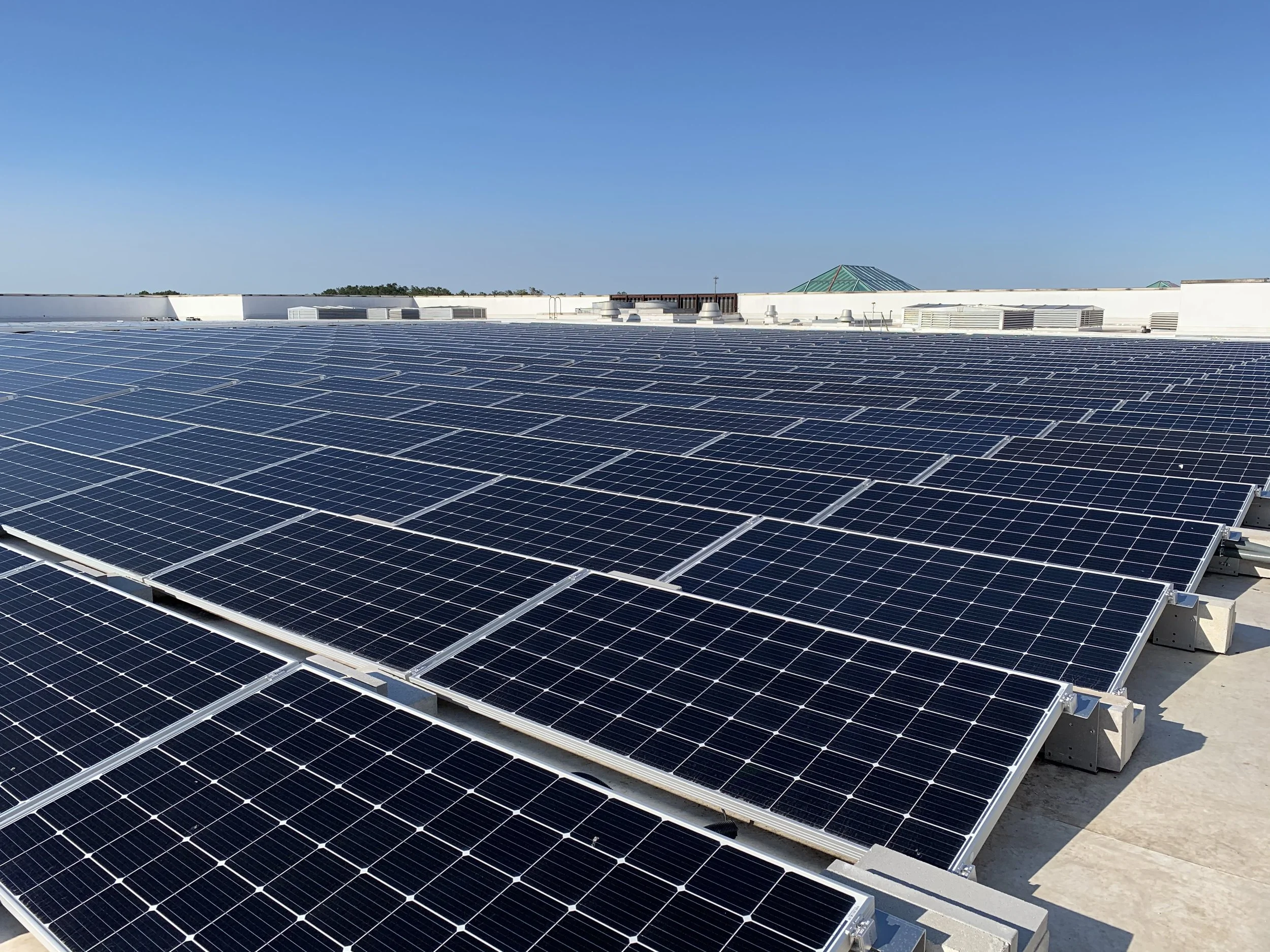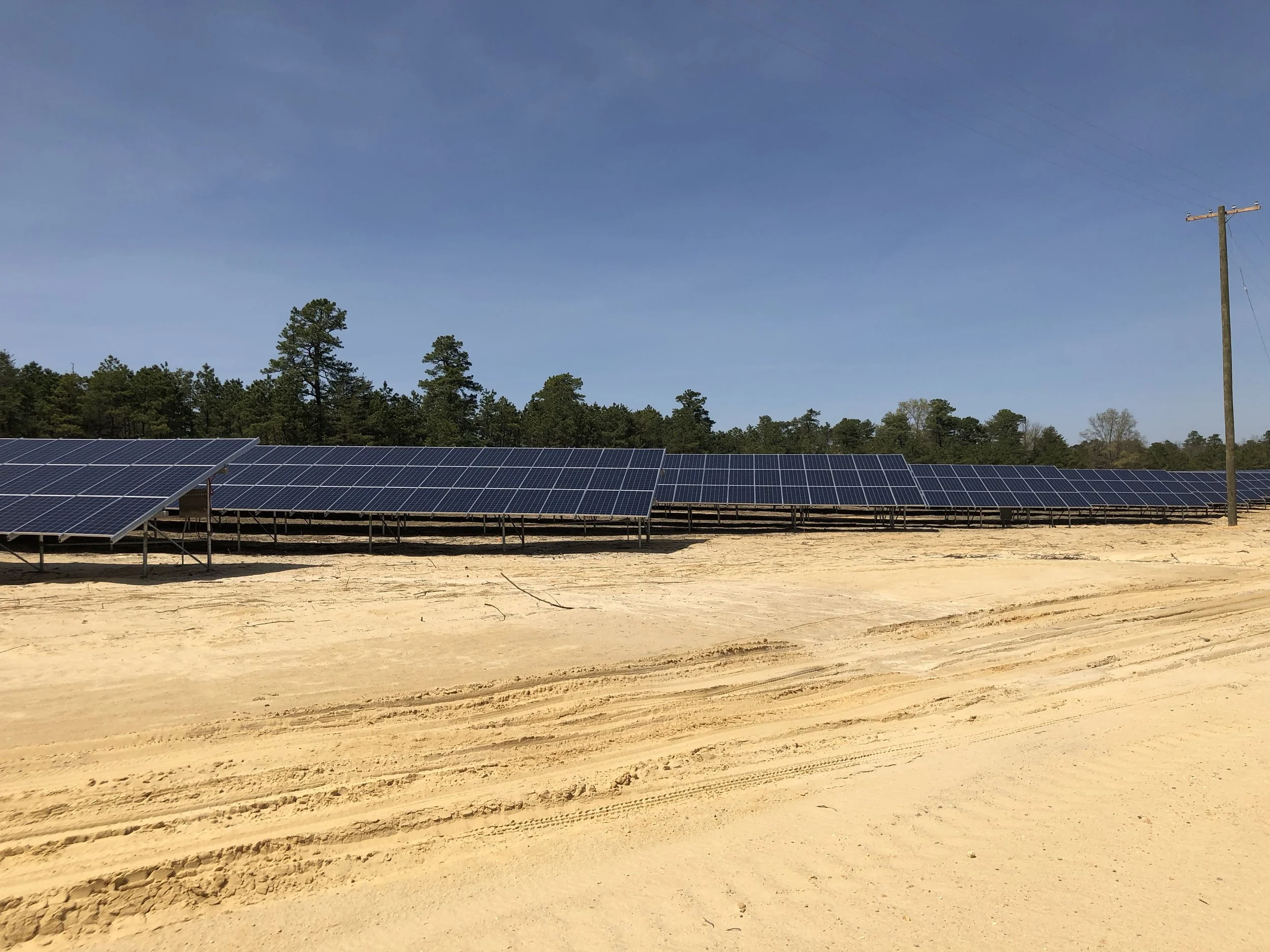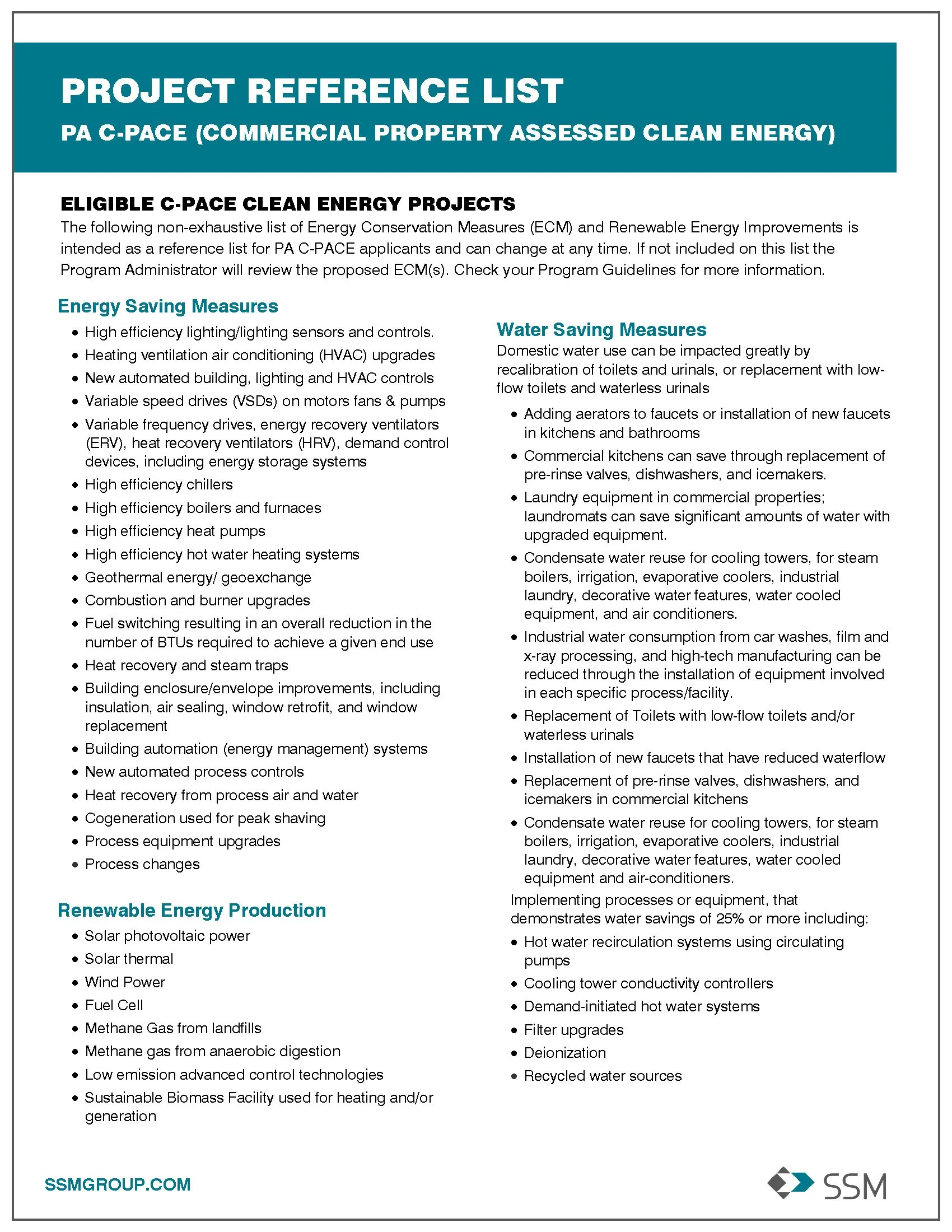Case Study: Energy Benchmarking and HVAC Controls Analysis
/Our Energy and Sustainability Team completed an assessment of BAS settings and algorithms, and a subsequent fine-tuning by the controls contractor, providing a significant and progressive reduction in energy use, resulting in utility bill and environmental savings.
Read More










